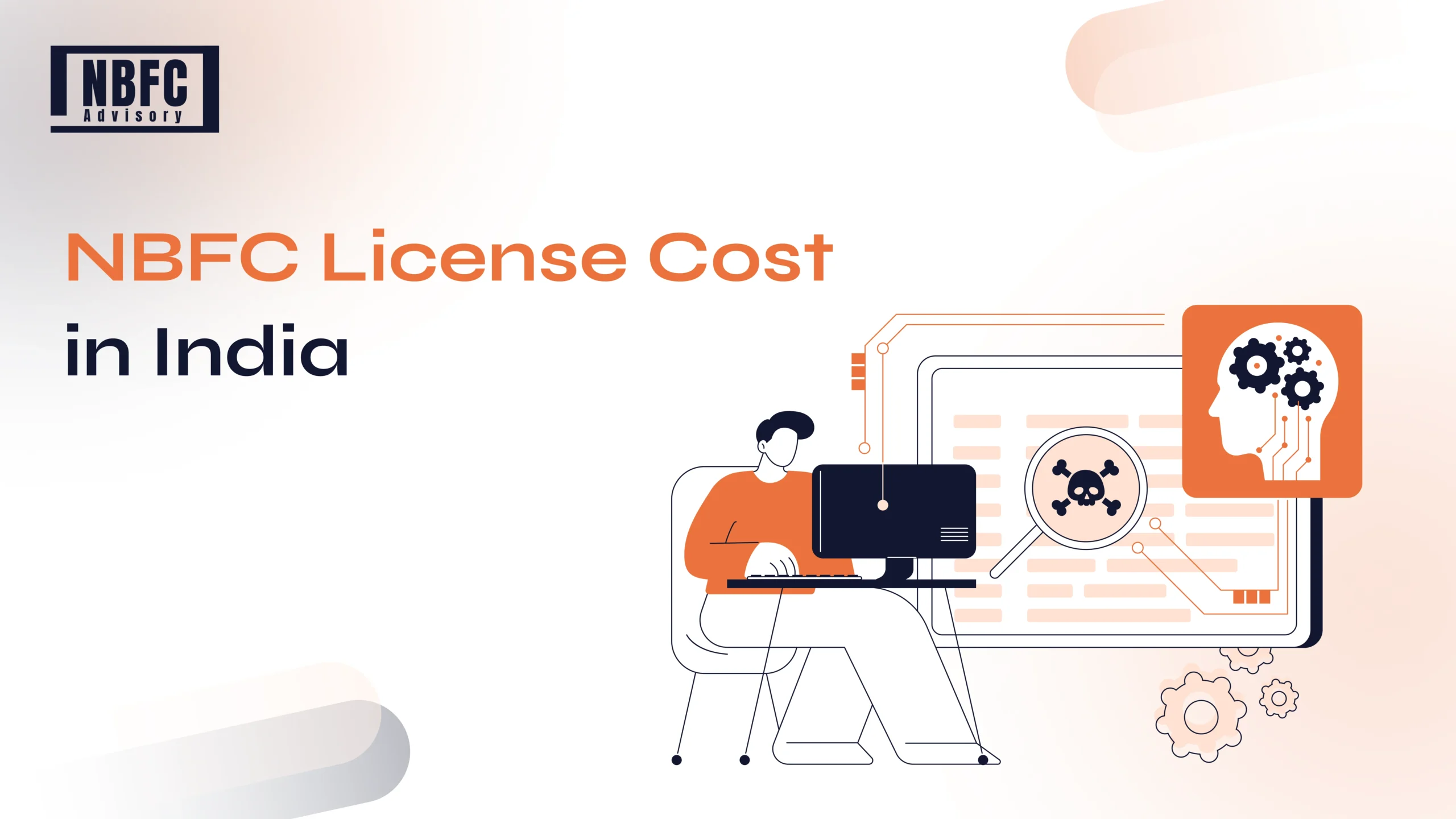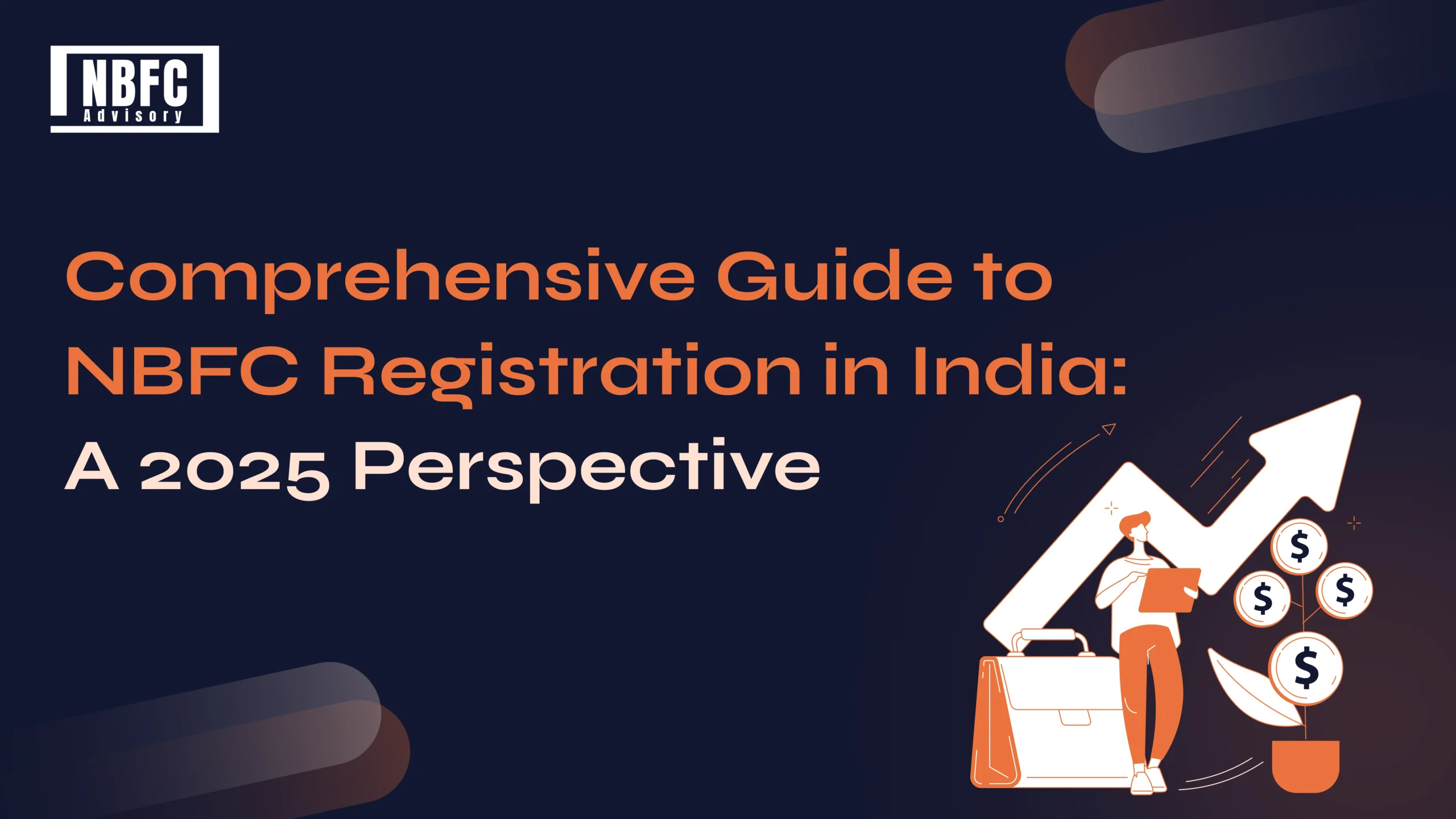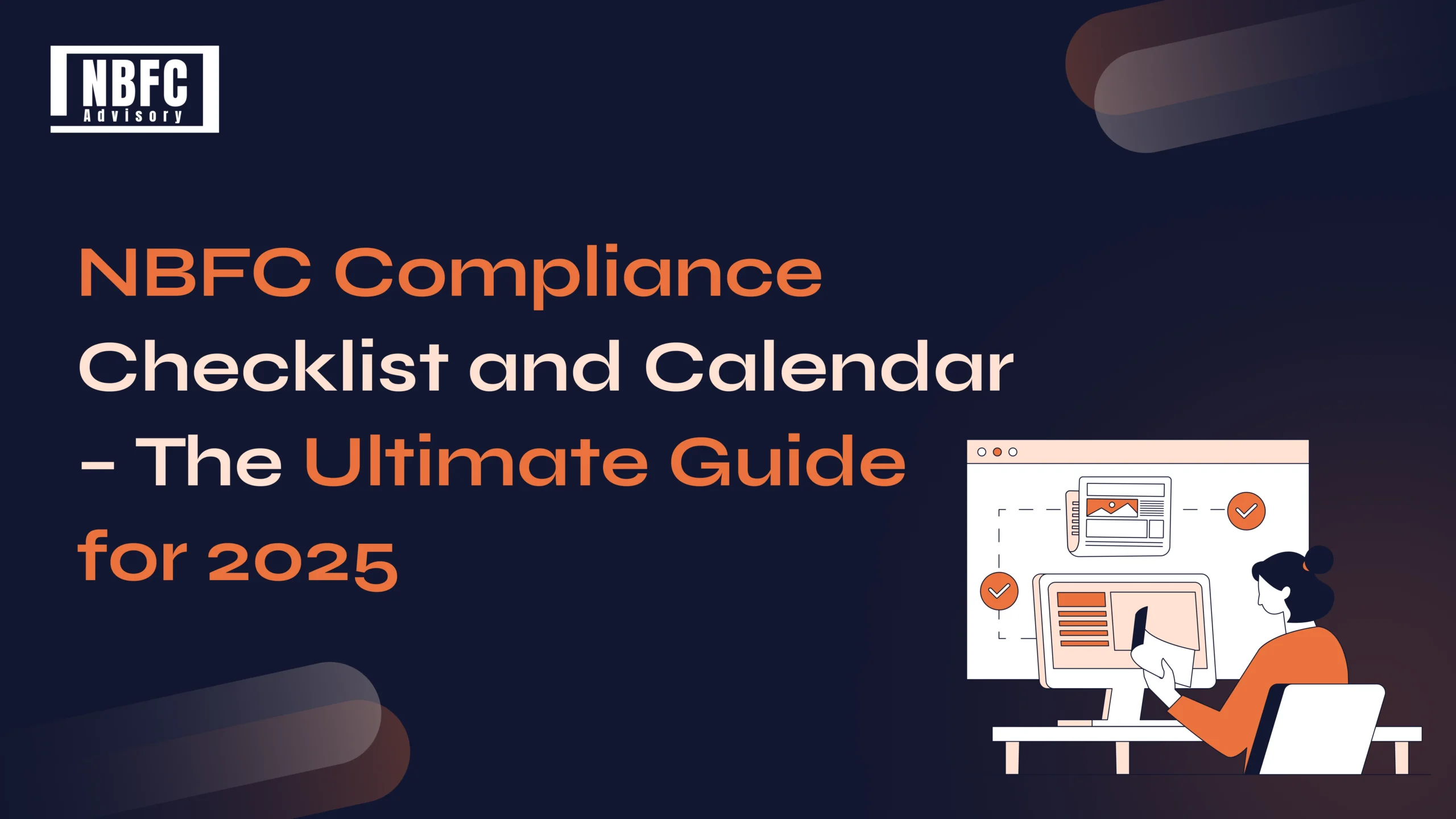India’s fintech ecosystem is experiencing rapid growth, with companies offering digital lending, payment solutions, investment platforms, and neo banking services. However, the regulatory landscape is becoming more stringent, with the Reserve Bank of India (RBI), Securities and Exchange Board of India (SEBI), and the Financial Intelligence Unit (FIU-IND) tightening compliance requirements.
Failure to meet these regulatory obligations can lead to hefty fines, license cancellations, and legal consequences.
To help fintech companies navigate compliance seamlessly, we have compiled a detailed Fintech Compliance Checklist for 2025, covering RBI, SEBI, GST, FEMA, KYC/AML, cybersecurity, and data protection laws.
Why Compliance is Critical for Fintech Companies?
Regulatory authorities have intensified their focus on fintech compliance due to:
- Rising concerns over data security & financial fraud.
- Increased scrutiny on digital lending platforms & payment gateways.
- Need to align fintech operations with RBI’s Fair Practices Code & KYC/AML norms.
Failure to comply can result in:
- Fines up to ₹10 Lakh per day for regulatory violations.
- License cancellations by RBI, SEBI, or FIU-IND.
- Legal actions, customer disputes, and reputational damage.
To ensure 100% regulatory compliance, fintech firms must adhere to the following checklist.
Fintech Compliance Checklist for 2025
RBI & SEBI Regulatory Compliance
| Compliance Requirement | Description | Deadline/Frequency |
| NBFC License (If Applicable) | Required for digital lenders & fintech lending platforms | Before operations begin |
| RBI Payment Aggregator (PA) License | Mandatory for fintech companies offering payment services | One-time approval |
| Capital Adequacy Requirements | Maintain minimum net worth per RBI/SEBI guidelines | Ongoing |
| SEBI Registration for Investment Platforms | Required for fintech offering stock trading, mutual funds, or investment services | Before operations begin |
| Digital Lending Compliance (RBI Circular) | Ensuring transparency in digital lending agreements, disclosures, and credit checks | Ongoing |
| Periodic Regulatory Audits | RBI-mandated financial, operational & cybersecurity audits | Quarterly/Annual |
| Prudential Norms Reporting (For NBFCs/Fintech Lenders) | Maintaining provisioning & NPA classification as per RBI norms | Quarterly |
Why Does This Matters?
RBI and SEBI regularly scrutinize fintech firms, and failure to comply can lead to license revocations and heavy penalties.
KYC & AML Compliance (FIU-IND Regulations)
| Compliance Requirement | Description | Deadline/Frequency |
| FIU-IND Registration | Mandatory for fintech involved in financial transactions | Before operations begin |
| KYC Verification Process | Implement CKYC/eKYC for all customers | Ongoing |
| Suspicious Transaction Reporting (STRs) | Reporting fraudulent & suspicious transactions to FIU-IND | Weekly/Monthly |
| AML Risk Assessment | Implement a strong Anti-Money Laundering (AML) framework | Ongoing |
| Enhanced Due Diligence (EDD) for High-Risk Customers | Extra verification for high-risk financial transactions | Ongoing |
Why This Matters? RBI has penalized multiple fintech for KYC violations – leading to operational bans.
Data Privacy & Cybersecurity Compliance (IT Act & DPDP Act 2023)
| Compliance Requirement | Description | Deadline/Frequency |
| Personal Data Protection (PDP) Compliance | Ensure data storage & processing meets DPDP Act, 2023 norms | Ongoing |
| Consent-Based Data Collection | Explicit customer consent for financial data collection | Ongoing |
| RBI Cybersecurity Framework for NBFCs | Implement multi-layered cybersecurity controls | Ongoing |
| Regular Penetration Testing & Cyber Audits | Conduct security assessments to prevent breaches | Quarterly/Annual |
| Incident Response & Reporting Plan | Define a structured process for handling security breaches | Ongoing |
Why This Matters? Fintech handling customer data must comply with the DPDP Act, 2023, or face penalties up to ₹250 crore.
GST, Tax & FEMA Compliance
| Compliance Requirement | Description | Deadline/Frequency |
| GST Registration & Filings | Required for fintech companies offering services in India | Monthly/Annually |
| TDS Compliance | Deduct & deposit TDS for fintech employees & vendors | Monthly |
| FEMA Compliance for Foreign Investments | Reporting FDI transactions & cross-border fintech transactions to RBI | Ongoing |
| Income Tax Compliance | File tax returns & maintain financial transparency | Annually |
Why Does This Matters? Tax & FEMA violations can lead to penalties & restrictions on foreign investment inflows.
Customer Protection & Fair Lending Practices
| Compliance Requirement | Description | Deadline/Frequency |
| Fair Practices Code (FPC) for Digital Lending | Maintain transparency in interest rates, fees & terms | Ongoing |
| Customer Grievance Redressal Mechanism | Set up a system for handling consumer complaints | Ongoing |
| Data Transparency in Loan Agreements | Disclose all costs, terms & interest rates | Ongoing |
Why This Matters? RBI banned several fintech lenders for violating fair lending practices in 2023.
Penalties for Non-Compliance
What happens if a fintech company doesn’t comply?
Example: In 2023, RBI banned multiple fintech lenders from issuing loans due to misleading loan agreements & data misuse.
How to Stay Compliant?
- Create a Compliance Calendar – Track regulatory filing deadlines.
- Invest in Compliance Automation – Reduce human errors in KYC/AML checks.
- Hire a Compliance Officer – A dedicated team ensures seamless adherence.
- Stay Updated with RBI & SEBI Regulations – Regularly check updates & circulars.
- Conduct Internal Audits – Identify compliance gaps before authorities do.
Need a structured compliance guide? 📞 Book a Compliance Consultation Today!
Stay compliant, avoid penalties, and grow your fintech business hassle-free!
Final Thoughts
Fintech compliance in India is evolving rapidly, and non-compliance is no longer an option. Regulators are cracking down on violations, and fintech must take proactive steps to stay compliant.
By following this structured compliance checklist, fintech companies can:
- Stay legally compliant with RBI, SEBI, and DPDP Act regulations.
- Avoid hefty fines, business restrictions & legal troubles.
- Build a trustworthy fintech brand with seamless customer experiences.
Need expert guidance on fintech compliance? Let’s connect!






